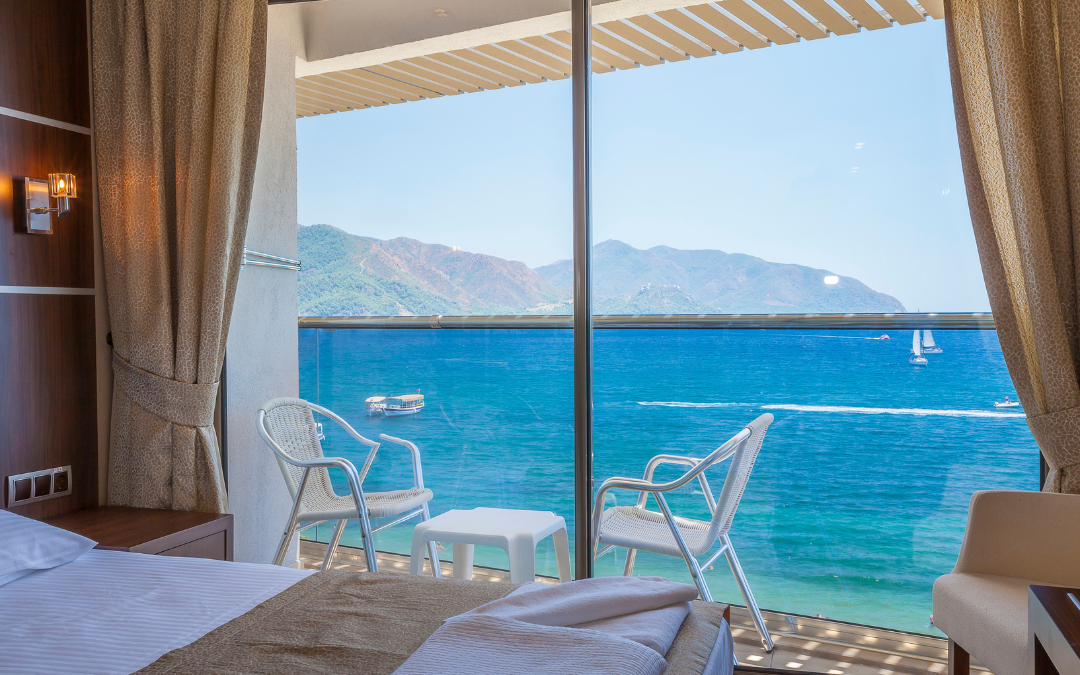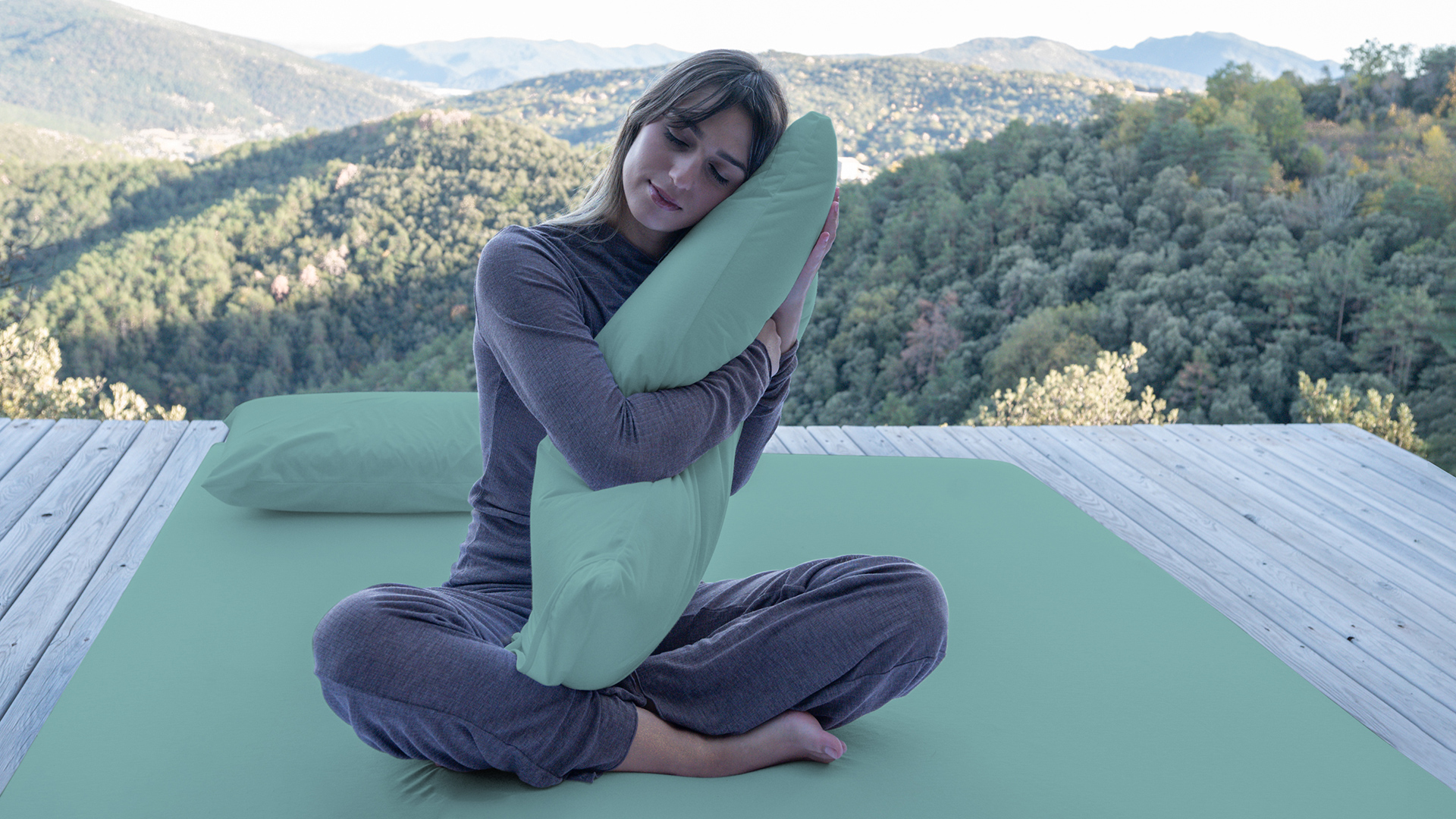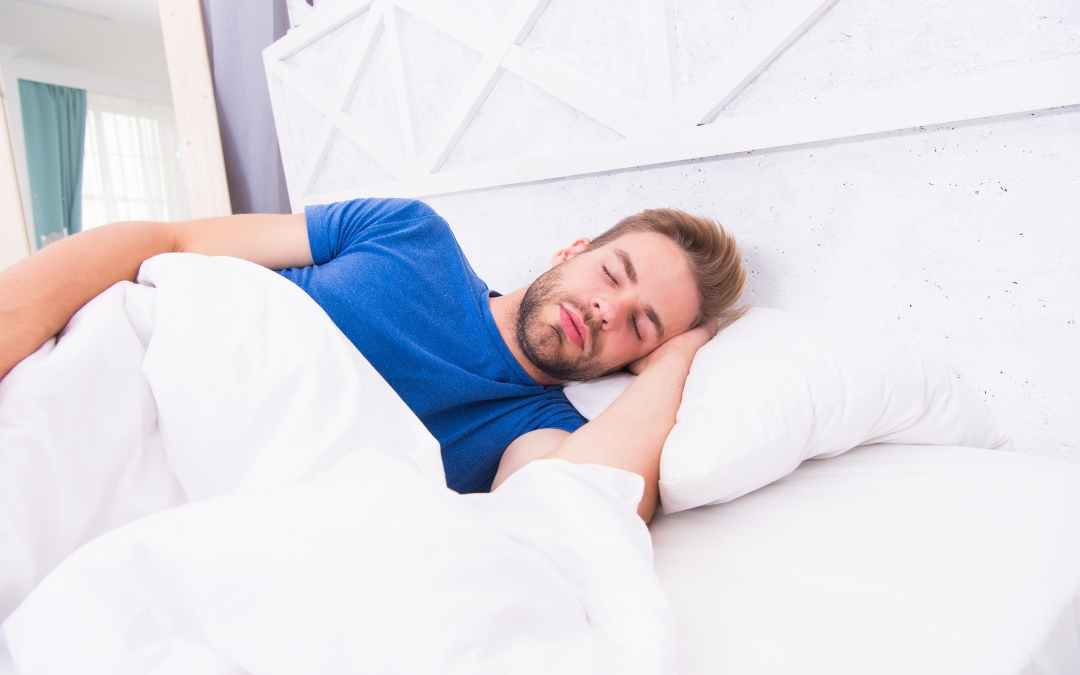News
Resting habits and vacation times of different European countries

As a leading manufacturer of bedding products, we care about getting to know our customers across different countries. We do a lot of research not only on natural materials and the latest innovations in bedding but also on how people in different places sleep and relax so that we can offer the best bedding solutions for everyone.
This article reviews how people in various European countries rest and take vacations. Sleep and downtime are important for keeping us healthy and ready for day-to-day activities. But it’s interesting how these habits can change from one country to the next because of different habits.
1. Spain
Spain is known for its relaxed lifestyle and frequent breaks throughout the year. Actually, according to research, the legal minimum vacation time is four weeks per year. Additionally, we Spaniards commonly take a month-long summer vacation, often during August. When it comes to resting or sleeping habits the concept of “siesta” (a midday nap taken after the main meal of the day) has historically played a significant role in our daily routines. However, in recent years, it has become less common, particularly in urban areas. In smaller towns and rural areas of Catalonia (Catalunya), an autonomous community in northeastern Spain, you may still find some people who take the siesta, with businesses and shops closing for a few hours in the early afternoon.
In terms of nighttime sleeping habits, we tend to have a later schedule compared to other countries. Dinner is often later in the evening, and as a result, bedtime can be relatively late, with many people going to sleep between 11 p.m. and midnight. While these patterns provide a general overview, there are always variations among individuals, depending on the region.
2. France
France is known for respecting work-life balance. Legally, the minimum vacation time is five weeks (or 25 days) per year for those who work full-time. Many French people take long vacations during the summer months, typically in July or August. As for resting habits, similar to Spain, the French have a concept known as “déjeuner” or “pause déjeuner”, which is a midday break to relax, enjoy a meal, and perhaps take a short nap. However, many people now have shorter lunch breaks and may not have the opportunity to enjoy this.
As for nighttime sleeping habits, the French’s general bedtime falls between 10 p.m. and midnight, depending on personal preferences and work schedules. The average adult in France typically strives for 7 to 8 hours of sleep per night.
3. Germany
Germans typically value vacation time and often take several weeks off work. The legal minimum vacation time is four weeks per year. Similar to Spain and France, many Germans take a longer break during the summer months, though it is also common to take shorter vacations throughout the year.
This country also has a strong emphasis on work-life balance thus ensuring sufficient rest and sleep. The German culture values a good night’s sleep and prioritizes getting enough rest to maintain their overall well-being. This means they also put a strong emphasis on creating a good sleep environment, including having a comfortable mattress, a quiet room, and suitable bedding.
4. Netherlands
In the Netherlands, full-time employees are entitled to a minimum of four weeks or 20 days of paid vacation per year. However, many companies offer further vacation days or collective labor agreements that provide more vacation time. It is also common for Dutch people to take their annual leave during July and August. They value taking time to prioritize relaxation, spending time with family and friends, and engaging in hobbies during their vacations.
Additionally, they also prioritize getting sufficient sleep to maintain their health and productivity. When it comes to nighttime, the average bedtime in the Netherlands tends to fall between 10 p.m. and midnight, similar to other Western countries. They too prioritize creating a comfortable sleep environment, which includes having a good mattress, suitable bedding, and a quiet and dark room.
5. Italy
In Italy, the legal minimum vacation time is four weeks per year and Italians generally take their vacations in August, with many businesses and shops closing for a few weeks. They also have a cultural tradition of the “riposo” or afternoon rest typically after lunch or during the hottest hours of the day, especially in southern regions.
In terms of nighttime sleeping habits, Italians generally have a later schedule compared to some other countries. Dinner is often eaten later in the evening, and it is not uncommon for social activities, such as meeting friends or going out for a stroll, to extend into the late hours. As a result, bedtime can be relatively late, with many Italians going to sleep between 11 p.m. and midnight.
6. Nordic Countries
The Nordic countries, including Iceland, Norway, Denmark, Finland, and Sweden, are known for their high quality of life and a strong emphasis on work-life balance. The legal minimum vacation time is between 20 to 30 days of paid vacation per year. Many take the months of July and August to enjoy their vacations. In Iceland, due to the region’s natural attractions, such as hot springs and glaciers, many people choose to explore their own country.
As you’ve seen above, as Europeans we generally prioritize work-life balance and place importance on leisure time. Many countries have very generous vacation policies and most of us enjoy our “summer holidays” in the months of July and August. We also share similar resting and sleeping habits as well. It’s important to note that these are general observations, and practices can vary within each country and among individuals.













